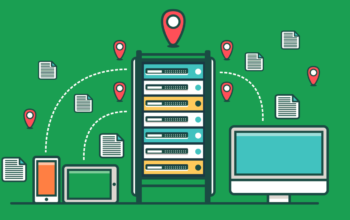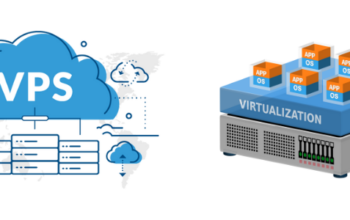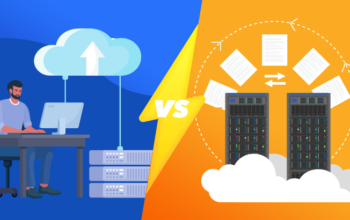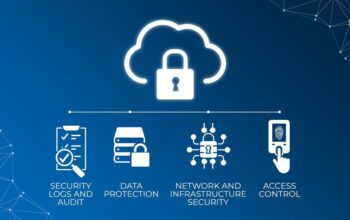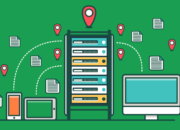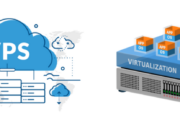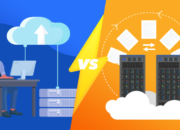Uzone.id – A recent Cloud Security Alliance (CSA) survey reveals a critical shift in how organizations approach cloud security. A whopping 70% have established dedicated SaaS security teams. This dramatic change reflects an urgent need for specialized security measures in today’s digital world.
In today’s digital world, where businesses rely heavily on cloud-based software, a specialized approach to security is no longer a luxury, but a necessity. SaaS security teams are equipped with the expertise to identify and address vulnerabilities specific to SaaS environments, protecting sensitive data and ensuring business continuity.
Emergence of SaaS Security Teams
Flexibility and cost-efficiency are among the reasons why businesses consider SaaS applications as a necessity. However, this adoption has brought about various risks related to unauthorized access, data breach, or compliance. To deal with these threats most companies are developing specific teams responsible for securing SaaS applications.
“SaaS environments are complicated and constantly changing so there must be teams that focus on managing risks,” said CEO of CSA, Jim Reavis.
Findings from CSA Survey:
- Security Tools Investment: The research found out that organizations were spending more money on IAM solutions, DLP tools and SIEM systems designed for use in SaaS environments.
- Challenges in Safeguarding Data Stored in Clouds: Dealing with many cloud services providers simultaneously; ensuring data privacy and compliance with laws that keep changing were some of these difficulties identified by respondents. Most organizations also struggled with gaining visibility into their cloud usage behavior thereby making it hard for them to control security over such environments.
- Adoption of Best Practices: Having well-established teams meant that companies could enforce regular assessments for weaknesses, train employees on how they should behave when handling sensitive information plus set up policies that promote strong passwords among other measures.
Roles Played by SaaS Security Teams
The main functions carried out by these units include but are not limited to:
- Risk Identification: Continuously assessing potential areas where breaches might occur then taking necessary precautions to prevent them from happening.
- Access Restriction: Putting IAM solutions in place to only allow authorized individuals to access sensitive data.
- Monitoring and Response: Actively looking out for any signs of suspicious activity within the environment.
- Compliance Monitoring: Ensuring that all relevant laws are adhered to while at the same time meeting industry standards set forth by regulatory bodies like PCI DSS.
- Employee Training: Raising awareness among staff members concerning safe practices when using SaaS applications.

Best Approaches Towards SaaS Security
To heighten their level of security for SaaS deployments, firms should adopt practices such as:
- Strong Access Controls: Use multi-factor authentication (MFA) alongside role-based access controls (RBAC).
- Security Audits: Regularly scan systems to spot vulnerabilities on time before they can be exploited.
- User Behavior Analytics (UBA): Deploying SIEM systems that have UBA capabilities that help detect anomalous actions carried out by users or systems within an organization’s network perimeter.
- Data Encryption: Ensure that all information transmitted over public networks is encrypted both while in transit and when at rest.
- Employee Awareness Programmes: Conduct regular training sessions where employees are taught about common cyber threats including phishing attacks among others to minimize risks associated with human error.
- Zero Trust Model: Implement a zero-trust approach towards securing data hosted off-premises while in use through utilization of VPN technologies coupled with strong encryption algorithms like AES256 bit key length for example would provide adequate levels of confidentiality protection against unauthorized disclosure during transmission stages across networks between different end-user devices connecting remote offices over WAN links etcetera.
Future Outlook for SaaS Security
With increasing reliance on cloud services, we can expect more businesses to set up dedicated teams to handle security issues related to this area.
Such teams will need continuous improvement since new types of threats keep emerging every day thus requiring them to always be up-to-date with countermeasures. SaaS providers should collaborate closely with their clients to ensure that these applications remain secure.
“The formation of dedicated teams focusing on SaaS security is not just another ‘buzzword compliance’ but a genuine sea change within cloud security,” Reavis concluded.




